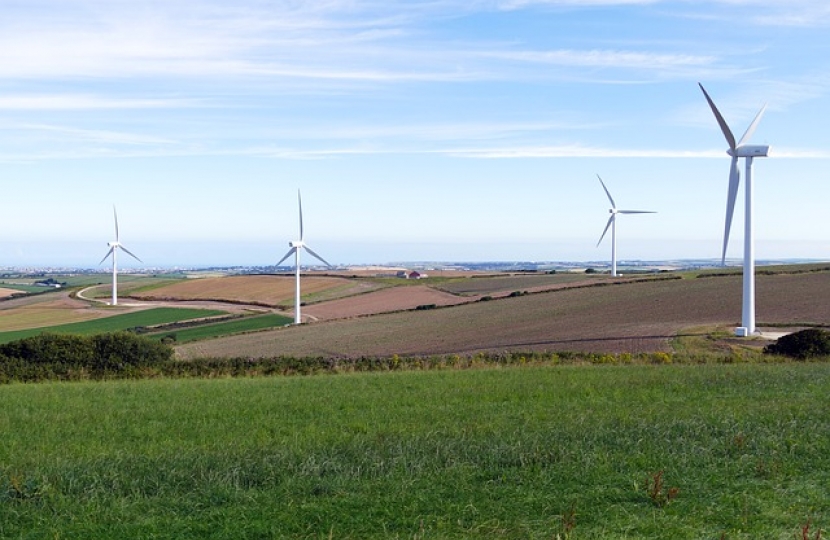
Research has revealed, of the 17 appeals submitted to and ruled upon by ministers in Edinburgh, 11 have been allowed, with the Scottish Government backing councils on just six occasions.
It means windfarm developers have a success rate on appeal of 64 per cent.
The SNP has been consistently criticised for obsessing with wind energy at the expense of other sources.
Communities across Scotland have complained about too many turbines spoiling local scenery, while some councils have even asked for moratoriums to be put in place to cope with the influx of planning applications.
Yet despite claiming to respect local democracy, the SNP has repeatedly overruled decisions made by councillors and planners.
On top of the 11 windfarm applications overturned in 2016, the Scottish Government planning reporter has been even more likely to wave through appeals for solitary turbine applications.
Of the 10 applications submitted, local authorities have been sided with on just three occasions.
The Scottish Conservatives said this was more evidence of prioritising wind energy over other more reliable sources, and centralising decisions that should be made locally.
Scottish Conservative energy spokesman Alexander Burnett said:
“The SNP’s obsession with onshore wind energy is damaging Scotland’s countryside and ruining local democracy.
“Too often, when these applications are lodged, the people say no, council planners say no and local elected representatives say no.
“You’d think the Scottish Government would respect this, yet still we see ministers in Edinburgh pulling ranks and acting like they know what’s best for rural Scotland.
“Of course wind energy has a place in Scotland’s energy mix, but only when the turbines are not ruining local scenery and upsetting those who have to see them every day.
“The SNP should be opening its mind to other sources like shale extraction, especially at a time when our coal-powered facilities are running out.
“But instead, it’s continuing on its bloody-minded path of having Scotland’s countryside plastered with unreliable and intermittent windfarms.”
